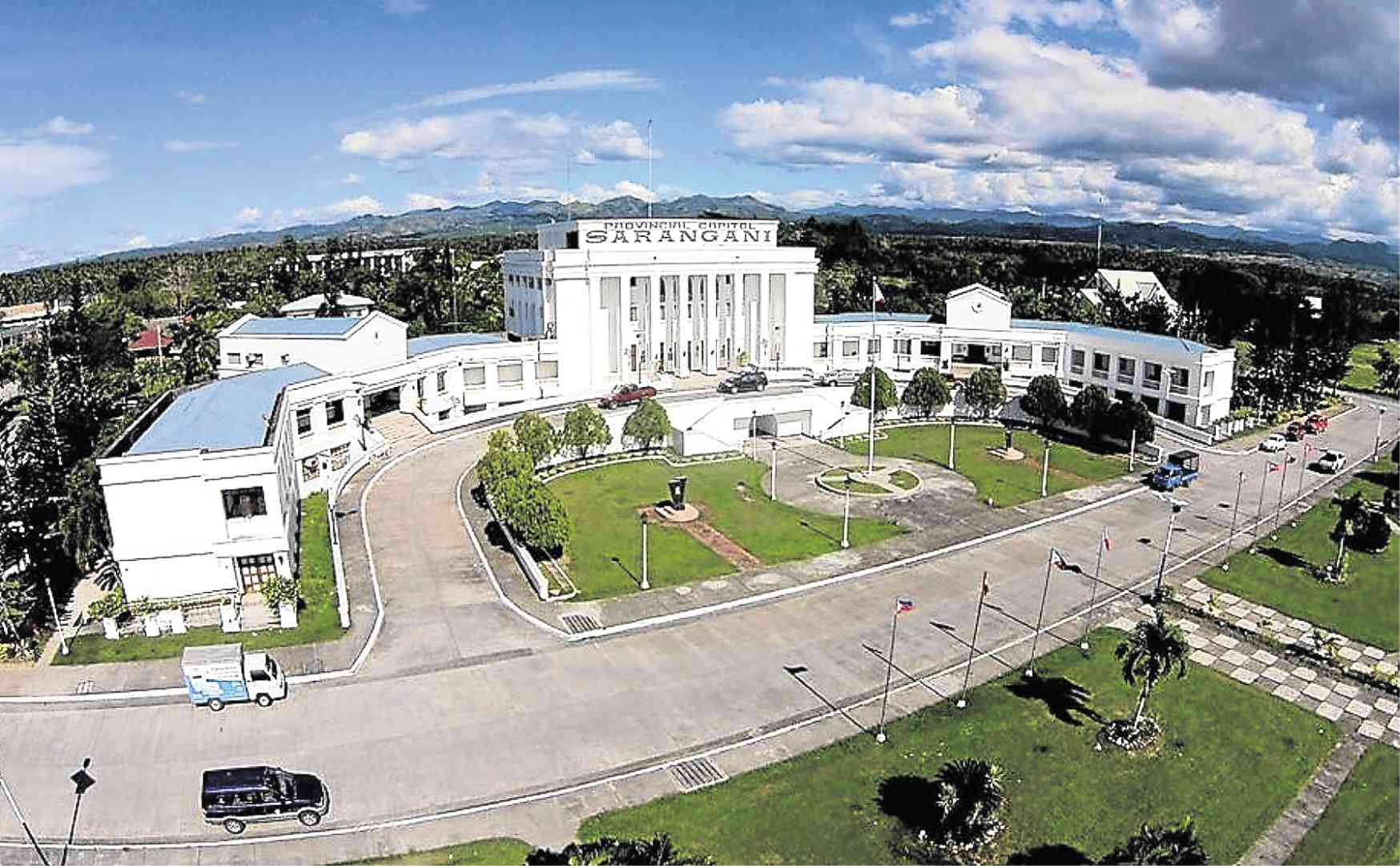Sarangani’s knock out punch
The province of Sarangani has been associated with boxer-senator Manny Pacquiao—and for a good reason. They share the proverbial rags-to-riches story as well as the knock-out punch in the boxing ring and tourism arena.
Carved out of the coastal towns of South Cotabato in 1992, the province was named after Sarangani Bay, one of the archipelago’s richest fishing grounds. Constituting the neglected district of its mother province, it has become a formidable contender in the tourism industry over the years because of its unique blend of nature, adventure, and culture within a compact location.
Its territory has the peculiar characteristic of being non-contiguous and dissected by Gen. Santos City, thus creating a cluster of towns which may well be called “east” and “west” coasts, each with their respective enticing features.
Tourism is the local economy’s brightest spot, attracting 1.69 million local and foreign visitors last year—the top among provinces in the Soccsksargen Region, according to data from Department of Tourism-12.
Its biggest single magnet is Gumasa White Beach in Glan, monikered as the “Boracay of Mindanao” for its mile-long powdery sand and crystalline water minus the madding crowd. Its sleepy shores come alive in May, during the Sarangani Bay Festival—the country’s biggest beach party which features a host of water sports and fitness activities and draws 100,000 guests. At the same time, it emphasizes awareness in protecting the marine ecosystem to the hordes of beach bums trooping its shores for three days and beyond.
Article continues after this advertisementIt also hosts Mahin Festival of the municipality of Glan every April, as well as a wide array of special events by private organizers the whole-year round.
Article continues after this advertisementJust like any beachfront property, Gumasa and the neighboring coves are among the most expensive pieces of real estate in southern Mindanao. As it was ranked 45th by the Australia-based Flight Network in its Top 50 Beaches, lot prices here can only appreciate.
Complementing the escapade is Glan’s “Great Gourmet Getaway” which takes guests to a culinary tour of homegrown restaurants and a walk down memory lane of American-era ancestral houses.
Another top tourist drawer is the SAFI Ranch Fly Site in Maasim town, identified by aerosports aficionados as among the best paragliding sites, since it is flyable 300 days a year due to good winds and fair weather. It has hosted the prestigious International Paragliding Accuracy Competition and Paragliding Accuracy World Cup which drew the world’s best pilots.
Down below, Maasim’s portion of Sarangani Bay has been declared by the DOT Region 12 as Soccsksargen’s dive haven. The coastal area is dotted with tourist lodging, most notably Lemlunay Resort, the exponent of scuba diving in the province, and Pacquiao’s Pacman Beach Resort.
An exciting activity is the 2-km white water tube ride at Pangi River in Maitum for an adrenaline rush in the chest-deep rapids. After the adventure-culture interlude, guests can take a glimpse of one of the country’s cradle of civilizations at the municipal hall museum which has replicas of cave dwellings and burial jars of anthropomorphic men excavated more than 2,000 years ago.
The Lamlifew Community Village Museum in Malungon is another must-see, the first of its kind in the country that chronicles the tribe’s culture, particularly its exquisite and expensive mabal tabih weaving.
New tourist drawers include Upper Lasang in Malapatan, home to Gawad Manlilikha ng Bayan Blaan igem mat master weaver Estelita Bantilan, and Kalon-Barak Skyline Ridge in Malungon, with a commanding viewpoint of the summits and seas at 816 meters above sea level.
Competitiveness
Beyond being a getaway, Sarangani is also a promising hub for investments in agribusiness, tourism, food processing and property sectors, with its strategic location, vast land, lower taxes, and efficient governance.
Once listed as among the 10 poorest provinces, it has been constantly named as among the most competitive provinces in the Cities and Municipalities Competitiveness Index (CMCI). This annual list ranks local governments on productivity, economic dynamism, government efficiency, infrastructure and resiliency.
Alabel, the capital town and closest to Gen. Santos, is benefiting the current wave of real estate growth propelled by public spending. Envisioned to become a satellite to the burgeoning city which is starting to run out of precious land, it is home to the stately sprawling Provincial Capitol Complex which is among the most picture-perfect and master-planned government centers in the country.
Early this year, the P350-million Dangerous Drug Abuse Treatment and Rehabilitation Center was turned over to the government after its construction was completed in less than a year. The Chinese-funded 6,707-sqm, 150-bed center occupies a 3-ha provincial government land, and caters to Region 12.
A vital landmark to rise is the P3.5-billion Philippine Sports Training Center which will be built on an 8-ha government property. The state-of-the-art center will be equipped with Olympic-grade facilities and will be funded by local governments, Philippine Sports Commission, and Office of the President.
For mobility, the provincial government has likewise rolled out some P2.1 billion worth of infrastructure projects in the past four years.
With its natural endowments, good road network, and a promising real estate sector, the Sarangani province undeniably packs a knock-out punch much like the “Pambansang Kamao”.
